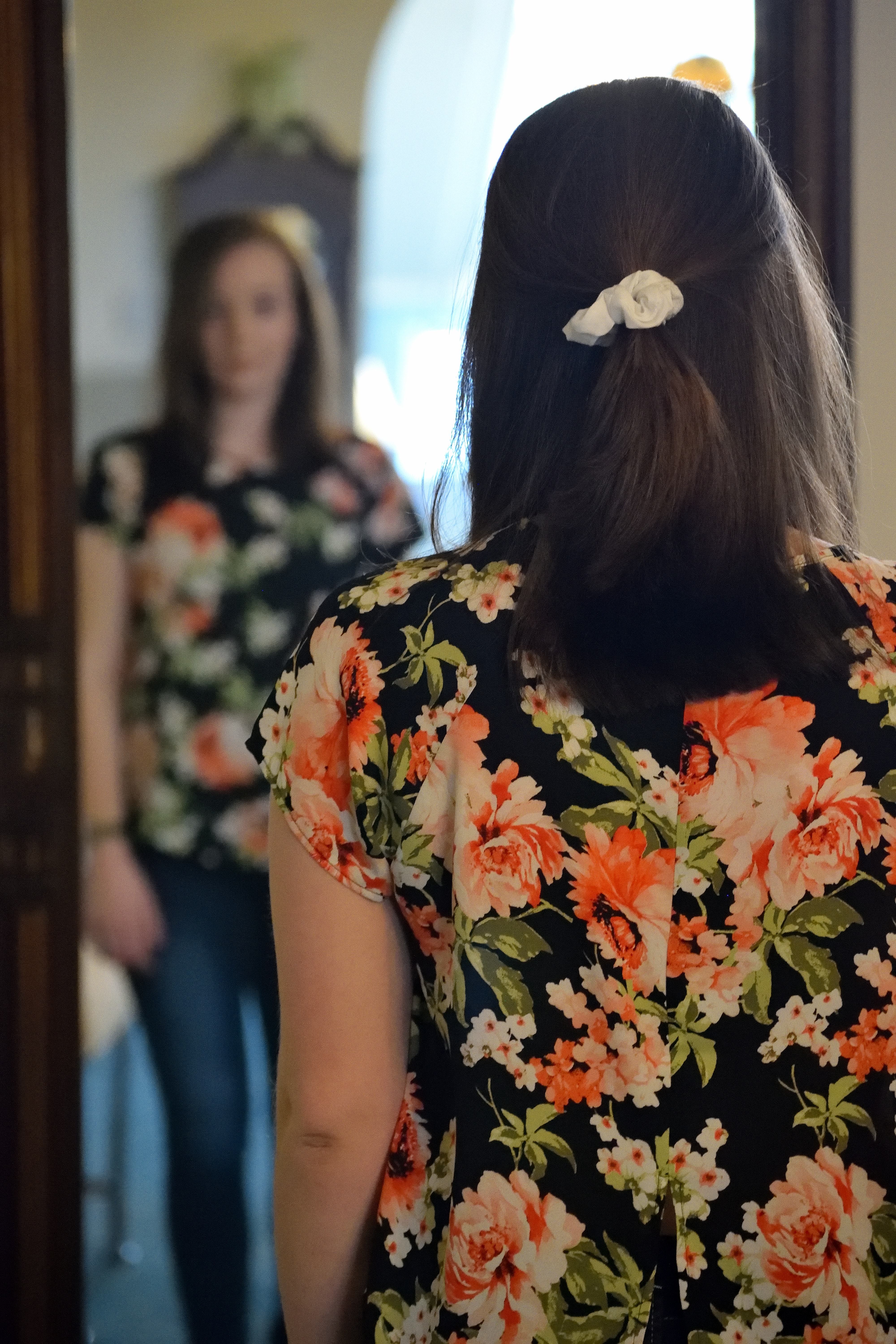“Three things in human life are important. The first is to be kind. The second is to be kind. And the third is to be kind.” – Henry James
Often in life we are presented with choices; we have to pick between right and wrong. Sometimes the answer is not necessarily being right. It may involve choosing the option of kindness.
Kindness is defined as in an article in Psychology Today as “ the quality of being friendly, generous, and considerate. Affection, gentleness, warmth, concern, and care are words that are associated with kindness.”
Being kind does not mean we should all emulate Mother Theresa. Most of us will not have the fortitude for her tasks. It does require us, however, to be a gentler and more empathetic form of ourselves.

Kindness requires three characteristics:
- Self-Strength – the ability to overcome our innate desire to impose our will, thoughts, or opinions on others.
- Self-Control – To be able to regulate our emotions of anger, jealousy or annoyance and instead portray calm, collectedness and inspiration.
- Self-Care – to value and nurture one’s health, both physical and mental. To be compassionate to oneself and recognize that in order to help others, we must be able to be physically, emotionally, and financially strong.
We all have wounds. These wounds are internal and depending on the circumstances can run deep into the soul. When someone responds unfavorably or rudely, there may be a deeper intrinsic injury that is speaking. Sometimes we need to pause and reflect, rather than immediately seek to win the argument. Our words or actions can unknowingly trigger the internal wounds. Rather than pursuing the salvation of our pride, it may help to consider the other person’s point of view.

Those who can portray and live with kindness have these three strengths:
- Self- Love – those who have the ability to be kind, have chosen to be kind to themselves.
- Courage – It requires great bravery to be kind. To be able to be compassionate than when it is easier to win the battle. To live and let live.
- Contentment – People who practice kindness are happy. They experience joy by serving and helping others live a better life.
Darwin who most people associate with ‘Survival of the fittest’ (actually a quote by Herbert Spencer), in fact argued for “the greater strength of the social or maternal instincts than that of any other instinct or motive.” He observed that mammalian patterns of tactile contact were actually expressions of sympathy.
So, kindness is not a learned characteristic; it is genetically programmed within us. We need to try to bring it to the forefront of our thoughts and actions. Our survival as a species, our social infrastructure and our interactions with friends, family, co-workers, and acquaintances depend on the practice of kindness.


